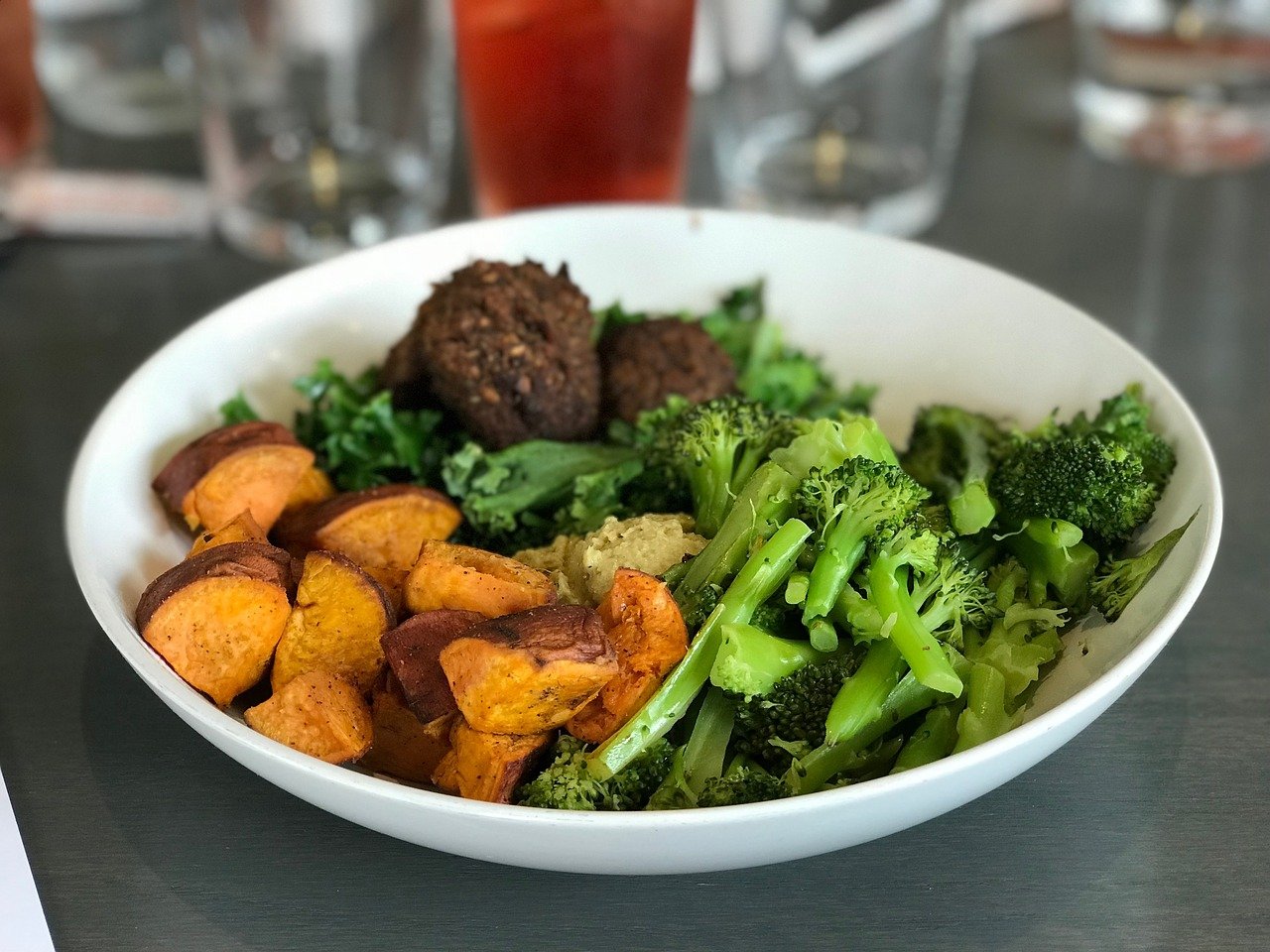Is There a Downside to Clean Eating?
Clean eating, it’s something that everyone says you should do.
But what does clean eating entail? And does clean eating have any downsides?
Clean eating doesn’t have a definition exactly. When most people and professionals refer to clean eating they’re talking about foods that are “natural” and wholesome. This includes foods that are free from additives, preservatives, and refined and processed ingredients.
So basically, not eating processed foods would be the way to describe clean eating.
Plenty of people believe clean eating is good for you, but there may be some evidence to show that it could introduce negative consequences into a person’s life.
How Good Is Clean Eating For You?
It’s impossible to deny that eating a diet full of whole foods, foods that come from nature, and are free from toxic chemicals is better than eating artificial foods galore.
This is true.
The downside to clean eating is how it can potentially create obsessive, or restrictive eating patterns…
And it could possibly harm a person’s social life and may even lead to mental health issues.
Medical News Today wrote the following:
Research suggests that clean eating may result in excessive food restriction, resulting in nutrient deficiencies and loss of social relationships. This can also lead to mental distress.
The clean eating movement’s lack of clarity surrounding dietary recommendations can result in people categorizing certain foods as “bad” and other foods as “good” without strong evidence to support this labeling.
This puts pressure on individuals to eat a certain way and can lead to a harmful obsession with healthy eating.
According to the National Eating Disorders Association, clean eating, similar to dieting, increases the risk for orthorexia nervosa (ON), the strict avoidance of foods a person perceives to be unhealthy. This may include additives, nonorganic foods, and processed foods.
The Diagnostic and Statistical Manual of Mental Disorders, 5th edition, does not recognizeTrusted Source orthorexia as a separate eating disorder. However, many researchers believe ON should fall under the Avoidant/Restrictive Food Intake DisorderTrusted Source umbrella.
It is important to note there is a difference between orthorexia and dietary restrictions. While some people may avoid certain foods due to ethical, religious, or health-related reasons, those with orthorexia have obsessive thoughts about their eating habits.
Moreover, choosing grilled chicken over fried chicken or spaghetti squash over pasta does not mean clean eating has gone too far.
As long as a person’s dietary pattern includes food from all food groups, there may not be cause for concern. A healthy, balanced diet is the best approach, no matter which dietary pattern an individual follows.
The big takeaway here is that clean eating should never become so rigid (unless it’s absolutely imperative to your wellbeing) that it causes you to become unhealthy in your healthy-eating pursuits…
And it should never get in the way of your relationships.
That means you can give yourself permission to eat foods that you would otherwise shun. Life is meant to be lived with balance. If you eat “clean,” most of the time then falling off the wagon isn’t a big deal.
The idea is to be consistent with eating healthy food to set yourself up for dietary success in the future. Then research like this won’t matter much to you.
The providers here at Robinhood Integrative Health will point you to eating foods that are organic, come from wild-caught, or pasture-raised sources.
They’re not going to tell you “don’t go vegan,” or you “have to eat paleo.”
They will tell you to make sure whatever you eat is just enough to help you reach your desired weight, and if you struggle with your weight, they’ll encourage you to eat healthy fats and introduce exercise into your life.
There’s no way “clean eating” is going to be bad for you… if you do it the right way.


